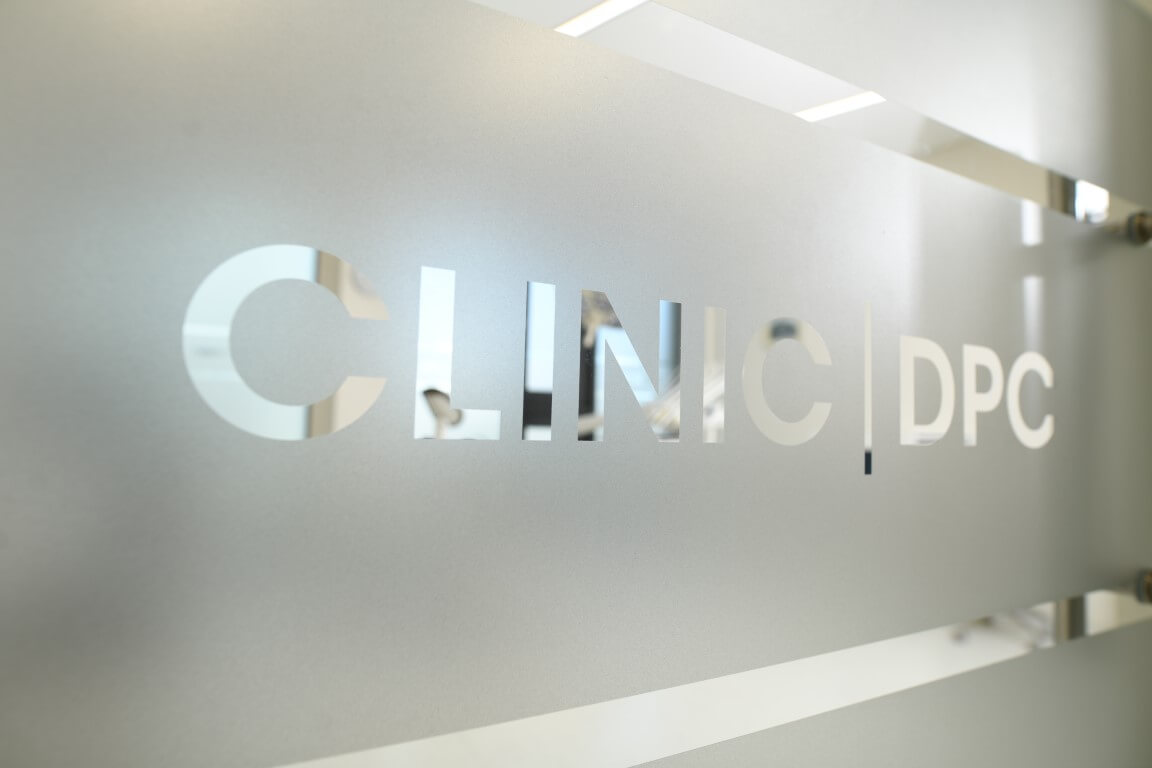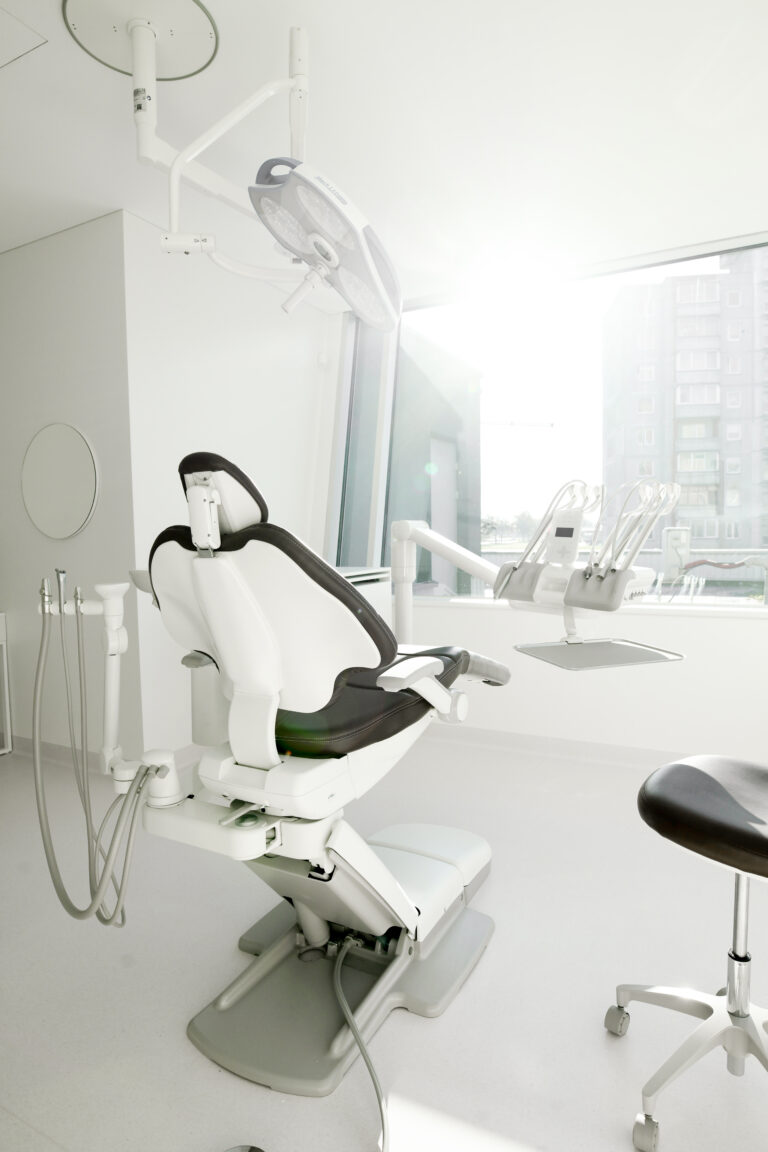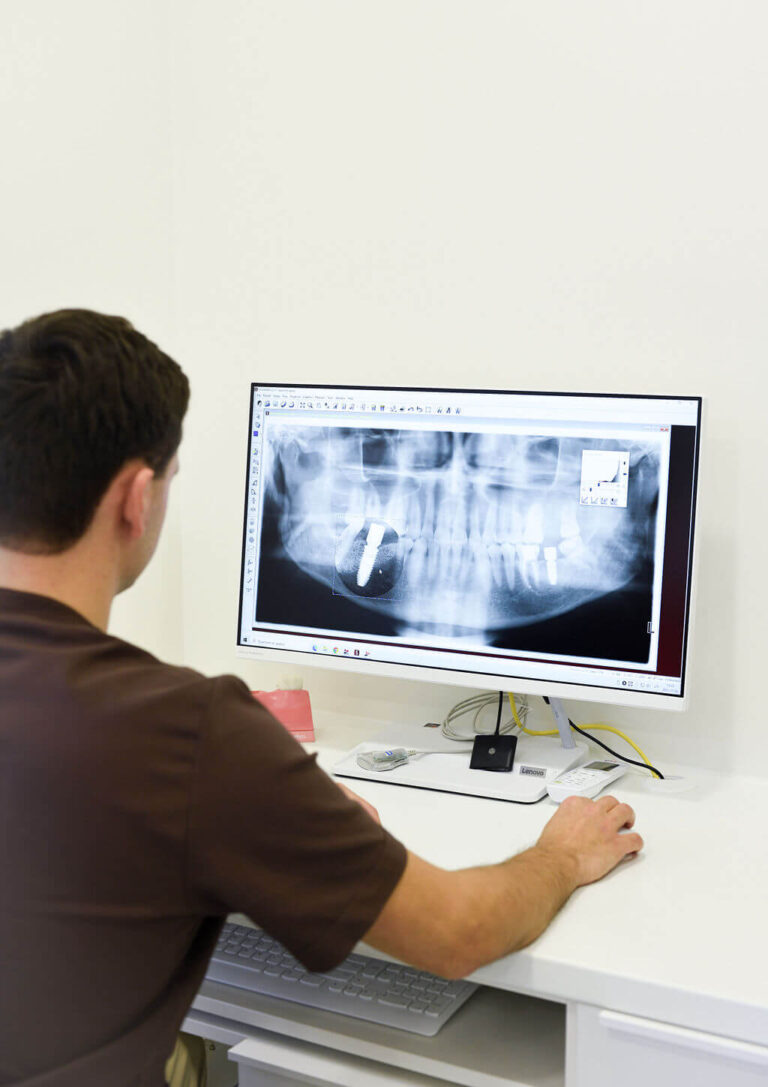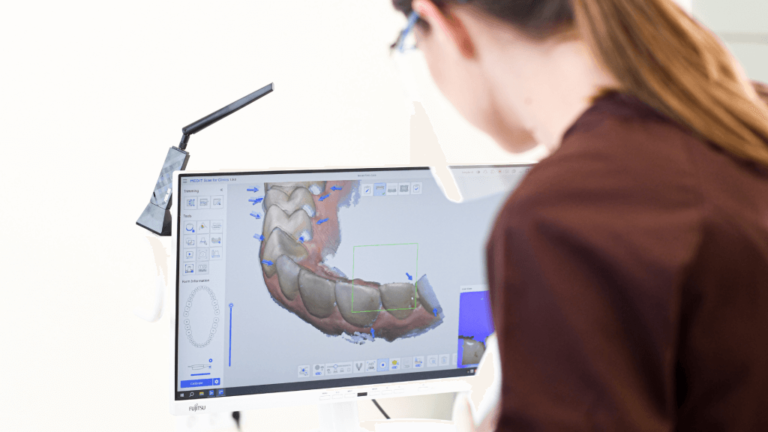Our oral hygiene, and the health of our teeth and gums, significantly impact many other bodily functions. For years, medical professionals have been sounding the alarm to highlight the connection between dental and gum diseases and cardiovascular conditions. Simonas Bankauskas, the founder and chief doctor of CLINIC | DPC, says that the issue persists—people are still surprised to learn that neglecting dental care can lead to much more serious health problems.
The path of infection – from tooth to heart
Implant dentist S. Bankauskas says that it is difficult for many patients to understand how dental health can affect the heart and blood vessels. In fact, the link is quite simple. “Everything in our body is connected, so when one organ is diseased, it can infect others or cause side effects. This is particularly easy to see in diseases of the mouth, teeth and gums. Our mouths are home to thousands of different bacteria and micro-organisms. Normally, they do not pose any threat to us. On the contrary, they help to break down food or protect us from bad bacteria. But when we get a tooth infection, for example, harmful bacteria and other micro-organisms start to multiply rapidly in our mouths. They can travel through the bloodstream to other organs and cause inflammation there. Of course, the first targets on the path of these micro-organisms are the blood vessels and the heart. Endocarditis (inflammation of the inner lining of the heart) is a disease in which bacteria from an infection site elsewhere in the body travel through the bloodstream to the heart and damage it. But it’s not just that. The bacteria that cause an infection in the mouth can cause damage to the joints, kidneys, bladder, stomach, sinusitis and other ailments. The worst thing that can happen if you don’t treat the inflammation in your mouth is that a severe infection can lead to a heart attack”, warns the doctor.
Not only dental diseases but also tooth loss are linked to cardiovascular conditions. A large-scale study conducted by the European Society of Cardiology revealed that patients with coronary heart disease who have lost their teeth have twice the mortality rate from this disease compared to those who retain all their teeth. Additionally, individuals without any teeth had a 67% higher risk of stroke. “These findings are particularly alarming in Lithuania, where many people still believe that old age and dental diseases are inseparable companions. It’s time to dispel this myth. Modern medicine, preventive measures, and treatments allow people to maintain their healthy teeth well into old age. The key is to avoid letting diseases progress, not waiting for pain to drive you to the dentist, properly caring for your teeth, and attending preventive check-ups and dental hygiene appointments. I always say that dental health is an investment in overall body health, regardless of age,” explains S. Bankauskas.
Signs that it’s time to see a doctor
Severe infections of the teeth or gums that have already decayed are usually treated with strong antibiotics. As you know, such treatment effectively kills bacteria, but at the same time it puts a lot of strain on the whole body. Antibiotics put a strain on the kidneys and liver, increase the acidity of the stomach and reduce the number of good bacteria, which can lead to thrush, dysbacteriosis and other diseases. The heart and blood vessels are also severely affected by antibiotics. So, in any case, it is best to try to prevent infection before antibiotics are needed to treat it.
It is often mistakenly assumed that tooth and gum infections are primarily painful. However, unpleasant, painful sensations actually occur when the disease is already in full swing and the inflammation has damaged the surrounding tissues. What can we do to prevent this from happening? Dentist S. Bankauskas advises to pay attention to some of the most common symptoms. “Diseases of the teeth or gums that are not necessarily dangerous immediately announce themselves with pain. Other symptoms such as bad breath, redness or even bleeding gums, tooth sensitivity and bad taste in the mouth can also be a warning sign. All of these symptoms mean that you should visit your dentist or dental hygienist. If you don’t wait and go straight away, there is virtually no chance that the inflammation in your teeth or gums will spread to other tissues and cause heart, blood vessel or other diseases. When I explain this to patients, they have a completely different attitude towards their oral hygiene, prevention and dental health,” explains the dentist.
According to the doctor, many dental diseases can be prevented by proper cleaning, good-quality dental care products and regular oral hygiene. The foods we eat also play a role. If we want to have healthy teeth, we should give up sugar, coffee, alcohol, constant snacking between meals and smoking. And, of course, even if you don’t have any complaints, it’s a good idea to have a check-up at least once every six months to see if you have a new cavity or other problem in your mouth. Remember that careful oral and dental care is an investment in your health and well-being.
If you are worried, CLINIC | DPC reminds you that the staff of the clinics are doing everything possible to ensure your safety: the premises are ventilated, disinfectant liquids and wipes are available in the clinics, in areas accessible to everyone, and handles and other surfaces are constantly disinfected.
If you feel anxious, you are welcome to consult remotely and reduce the amount of close contact! If you have a panoramic photo – we will draw up a detailed treatment plan, schedule treatment visits, try to do as much as possible in one visit, and all you have to do is come straight to the dentist’s chair!





